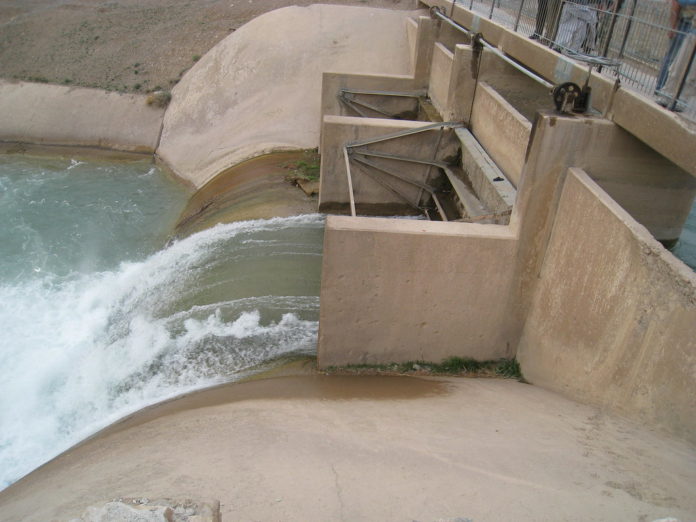KARACHI (ABC) – The Balochistan government has started an initiative to help improve water resources planning, management and monitoring as well as increase the adoption of water-efficient practices and technologies.
“Balochistan Integrated Water Resource Management and Development Project (BIWRMDP) has been funded by the Asian Development Bank and World Bank,” Dost Muhammad Buledi, Director of Provincial Agriculture Extension Department, told WealthPK.
He said that the project would be implemented in Nari and Porali basins. “Six irrigation schemes will be implemented through this initiative, three each in Nari and Porali.
This project will also focus on introducing information management system for flood threat and other natural calamities, construction of small water reservoirs and improvement of irrigation channels.”
There is a dire need of new irrigation methods such as sprinkle irrigation as there is no such method existing in the province, and the government needs to provide equipment to farmers on easy instalments.
In addition, there is also need of watershed management, building dams and reservoirs to harness flood water for development of spate (Sailaba) irrigation), stopping illegal digging of tubewells and over pumping.
Balochistan covers 44% of Pakistan’s total landmass, but still it contributes less to the country’s agriculture though 70% of its dwellers depend on agriculture and livestock.
Hurdles in irrigation constitute one of the pertinent reasons that have hampered its contribution to agriculture though the province has 18 river basins and 73 sub-basins.
The province has abundance of rainfall whose average varies. For instance, the rainfall is less than 50mm in the southwest, while 400mm in the northeast.
In addition, total average annual runoff generated is 10.70 million acre feet, while the runoff utilised or conserved through dams is only 2.22MAF.
It means 8.48MAF of rainwater is wasted or not stored in the absence of reservoirs and dams.
Munir Baloch, a consultant in the provincial irrigation department, told WealthPK water resources in the province had been used for centuries, but they were not sufficient to meet crop water requirements, which hampers development of land resources.
“Of an area of 34.7 million hectares, about 18.5 million hectares are reported as used, of which 1.7 million hectares are cultivated.”
“The people of Balochistan have always depended on natural water sources such as springs, streams, rivers and karezes – a system of irrigation by underground tunnels.
Among these, the karezes are the most persistent; other sources are seasonal and depend on climatic conditions,” he said.
“With the passage of time, water resources are being overexploited, especially in urban areas, and groundwater levels are sinking.
If this process continues, there is a danger that water may not be available even for human consumption,” he pointed out.
He said that the people must pay immediate and special attention to careful and efficient use of available water resources.

